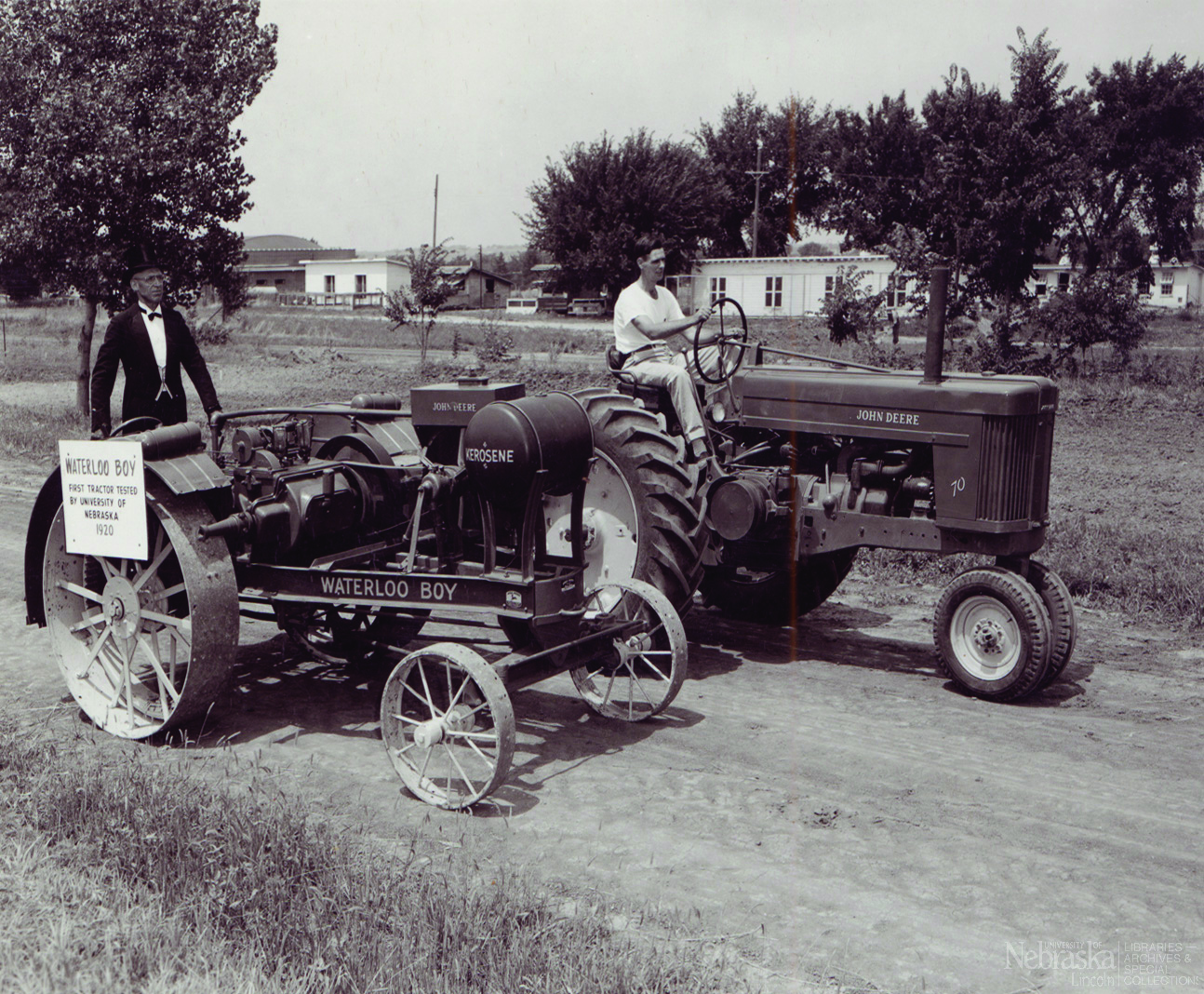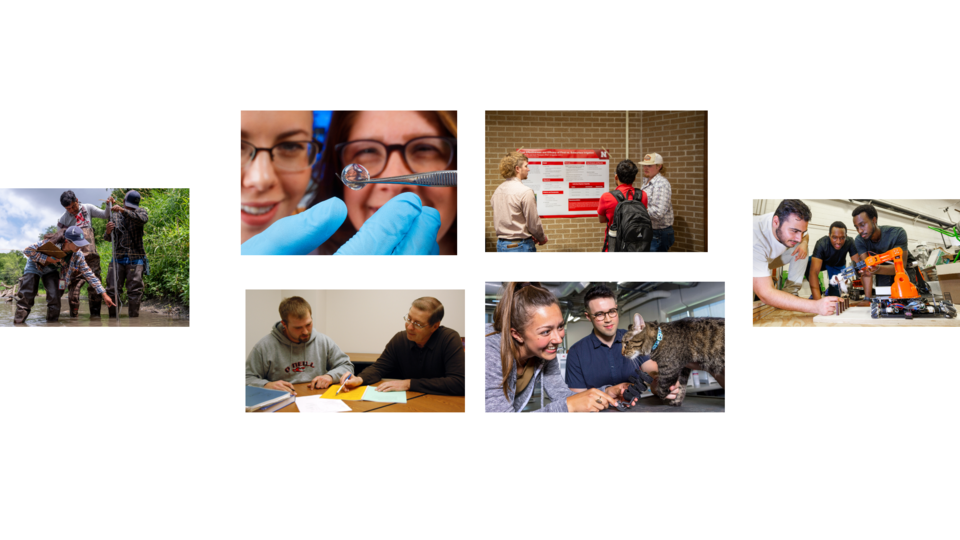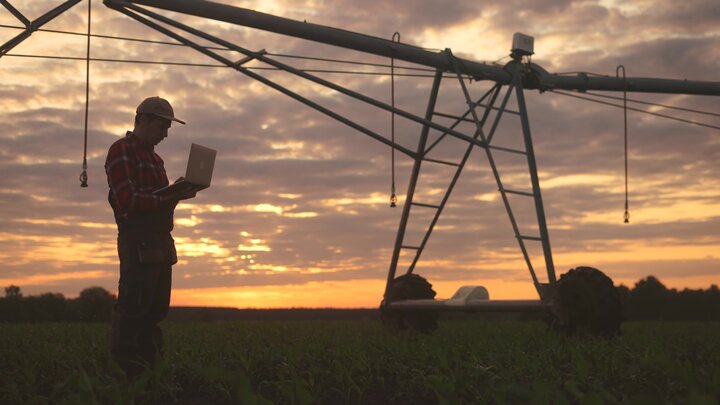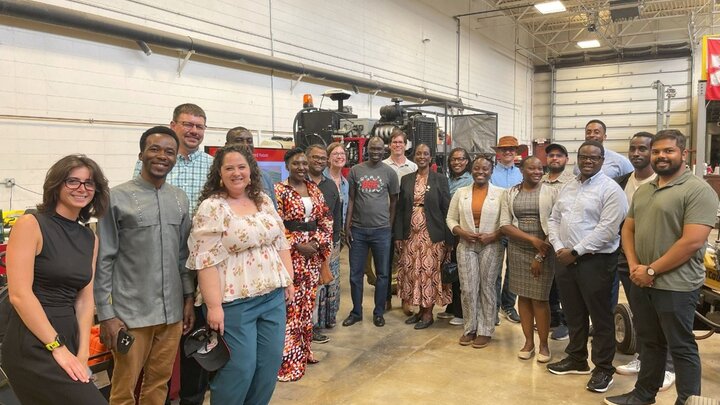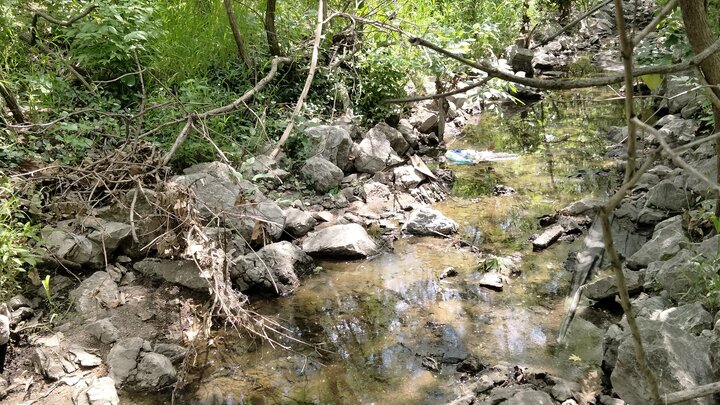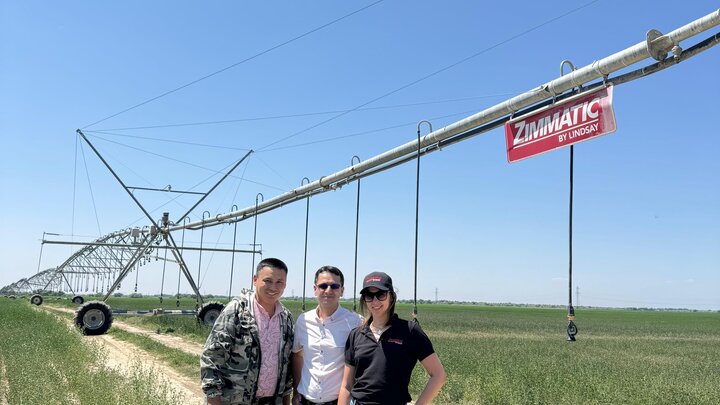Vision
To be a global leader in integrating engineering, technology, and biological sciences, driving innovative solutions that sustainably enhance health, agriculture, and ecological systems for the benefit of Nebraska and the world.
Mission
Our mission is to cultivate and empower future engineers and technologists through holistic education, interdisciplinary research, and impactful Extension programs. We develop sustainable solutions to critical challenges in health, agriculture, and ecological systems, serving the well-being of Nebraska and the global community. Across our mission areas, we:
- We cultivate and empower future engineers and technologists through holistic education that emphasizes systems thinking and innovation.
- We conduct interdisciplinary research to develop sustainable and resilient solutions to critical challenges in health, agriculture, and ecological systems.
- We collaborate with global and local partners to co-design solutions that enhance the well-being of Nebraska’s communities and ecosystems and address global challenges.
CIPA Manual
The intent of the Continuous Improvement and Program Assessment (CIPA) manual is to guide the continuity, consistency, and continual quality improvement practices of the Bachelor of Science in Agricultural Engineering (AGEN) and Biological Systems Engineering (BSEN) and Agricultural Systems Technology (AGST) undergraduate programs of the Department of Biological Systems Engineering (BSE) at the University of Nebraska-Lincoln (UNL).
CIPA ManualOur History
The BSE department has a proud legacy as a pioneer in biological systems and agricultural engineering. Established in the early 1900s as one of the first agricultural engineering departments globally, BSE has led in educational programming, research innovation, and impactful extension work, particularly in irrigation engineering, water and soil conservation, and agricultural equipment design. In the 1950’s, the department was the first to offer a formal degree in agricultural mechanization recognizing how technology was transforming agriculture. In 1990, recognizing shifts in societal needs and industry trends, the department changed its name to Biological Systems Engineering. Over the past 35 years, the department has expanded its focus to include biomedical engineering, ecological engineering, and digital agriculture.
